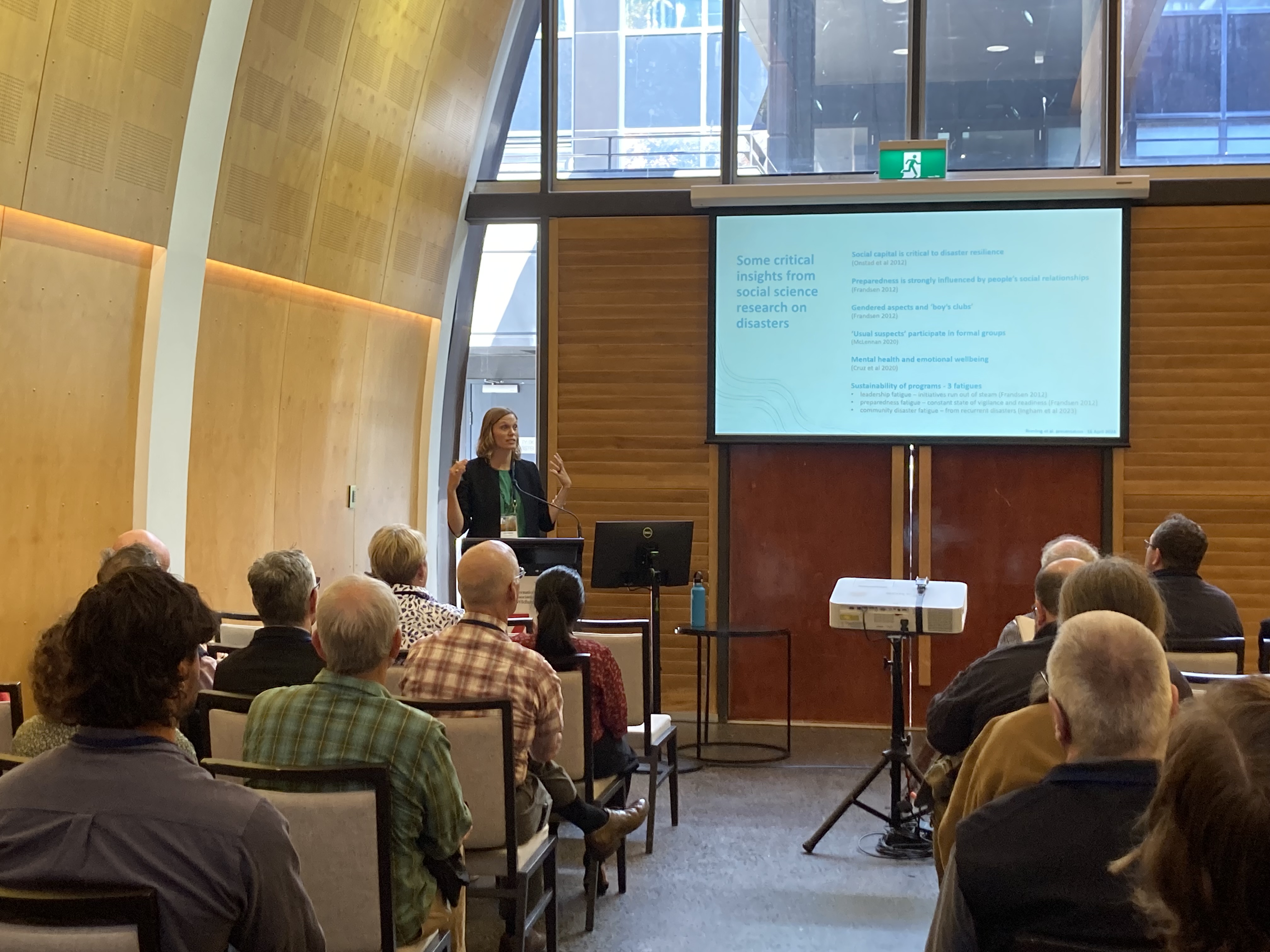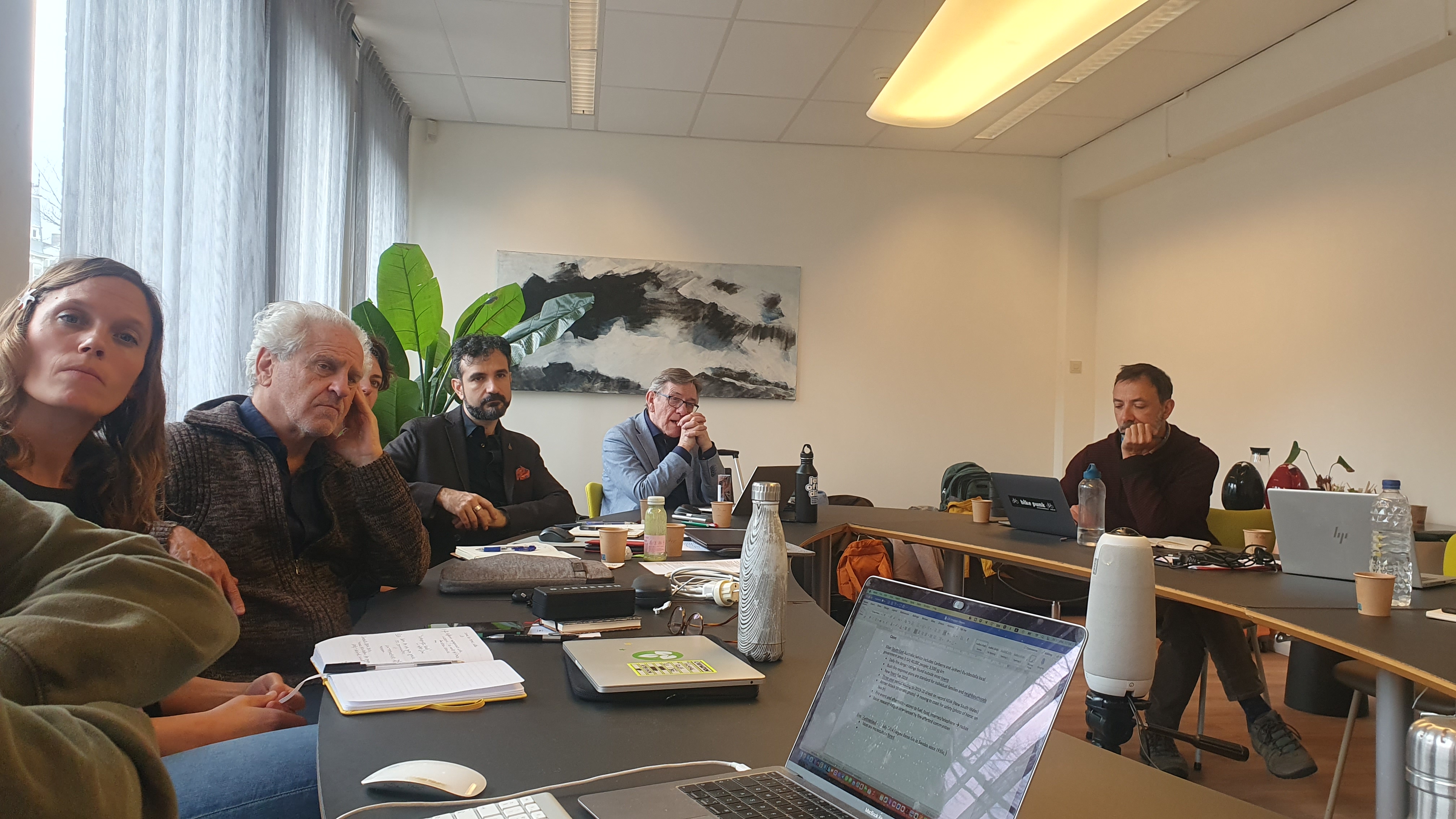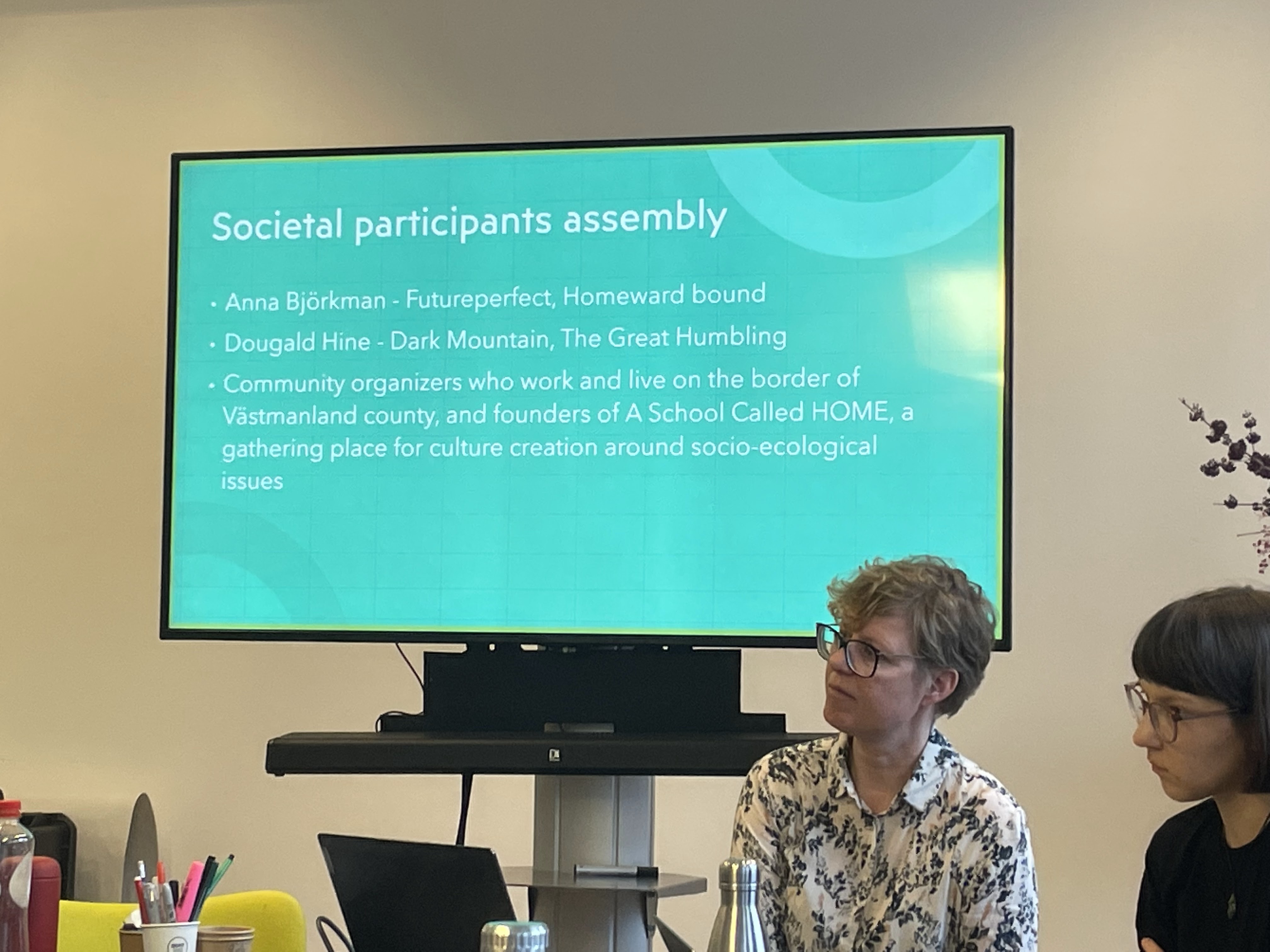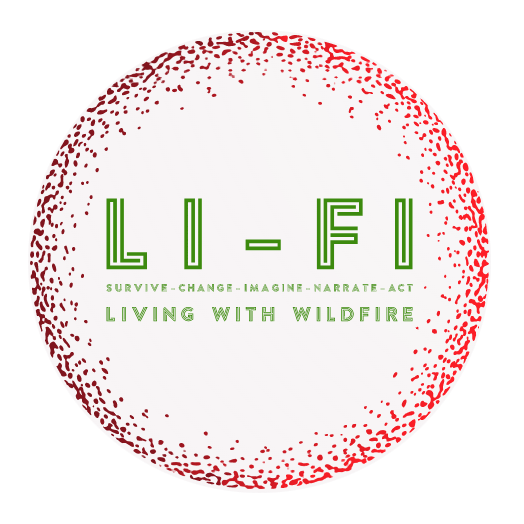
15th until 19th of April 2024
Canberra, Australia
7th International Fire Behaviour and Fuels Conference

LiFi researcher Elise Remling presented at the 7th International Fire Behaviour and Fuels Conference titled“Fuel, Fire and Smoke: Evolving to Meet Our Climate Challenge” in Canberra, Australia. The event, hosted by the International Association of Wildland Fire (IAWF), took place from April 15-19, 2024.
The conference provided a forum for documenting past fire management experience and lessons learned, showcasing current work, and sharing emerging research, innovation, and fire management techniques with the goal of developing integrated solutions to these challenges.
During her presentation, “A Novel Framework for Community-Led Bushfire Resilience and Preparedness in Australia,” Elise highlighted how traditional top-down emergency management models in Australia leave little room for community and neighbourhood-level decision-making regarding wildfire prevention, preparedness, and recovery. This approach contrasts starkly with the lived experiences of many survivors from the 2019/2020 Black Summer wildfires, where formal emergency service agencies had minimal presence on the ground, leaving people largely to fend for themselves. In the context of increasing wildfire frequency and intensity due to climate change, and drawing from these past experiences, Elise’s presentation emphasized the need for improved local community empowerment and bushfire preparedness.
Drawing from literature on community disaster resilience initiatives, Elise proposed the idea of informal, localized “Pods” as a framework for building better community resilience to wildfires at the neighbourhood level. These small groups, consisting of friends, extended family, or neighbours, would fill the current void between individual household preparedness and local government/agency efforts. The basic premise is for these tightknit groups to work together, leveraging their existing relationships and social capital. They would make decisions tailored to their specific needs, lifestyles, environments, and capabilities regarding bushfire preparation, response, and recovery. The collective benefits include a network of assistance, support for vulnerable individuals, sustained preparedness through ongoing social connectedness, and reduced dependence on formal arrangements (which were overwhelmed during the last fires).
Building local community capacity for bushfire resilience is a crucial missing piece in the Australian wildfire adaptation puzzle, which can lead to better outcomes for communities on the frontlines of extreme events.
The presentation is based on collaborative work conducted together with Dr Katie Moon (University of New South Wales (UNSW) Canberra) and Dr Sophie Yates (Australian National University (ANU)).

15th until 19th of May 2023
Porto, Portugal
8th International Wildland Fire Conference

In Mid-May 2023 our project researcher Jelle Behagel attended the 8th International Wildland Fire Conference. The conference takes place every four years and is shaped by the recent dramatic fires, such as the case studies of our project. A focus of the conference was be a new wildfire governance model framework.
Jelle was part of the Thematic Session “Forest & Economy – Public Policies” and joined many other sessions, presentations and workshops.
For more information visit the website of the conference: https://www.wildfire2023.pt/.



31st of March 2023
Amsterdam, The Netherlands
Kick-Off Event
End of March 2023 our project team met the first time in person, after preparing the project the last year. In Amsterdam we officially started the research project.
We had an Opening Lecture by Dr. Peter Chistoff from the University of Melbourne named “The Fires Next Time: Australia in the Pyrocene”. Moreover, we introduced each other to the different case studies and talked about the concepts and methods. Many details were figuered out and important processes started.





